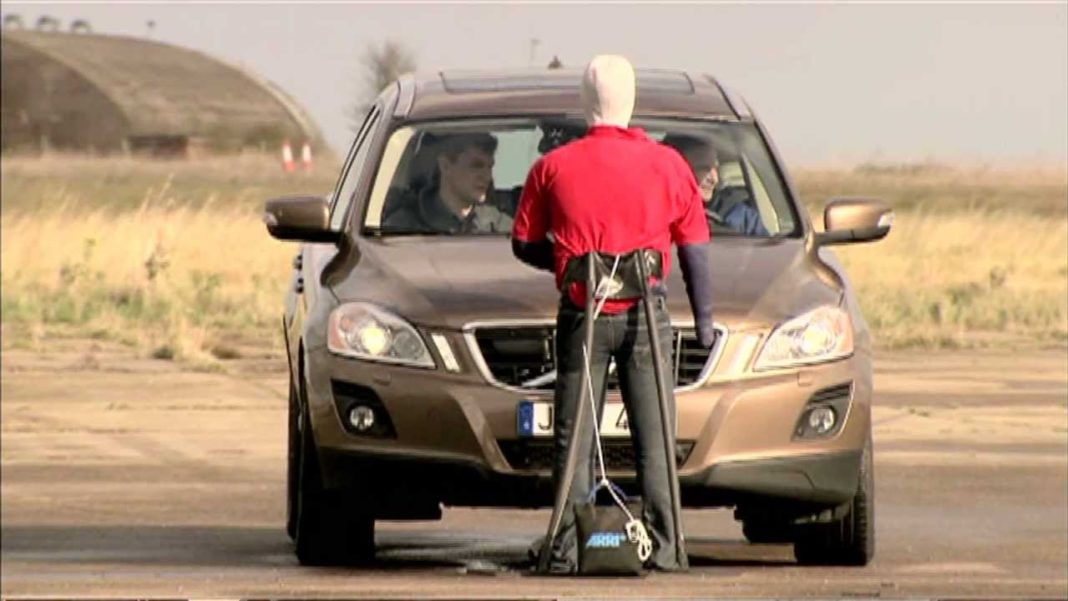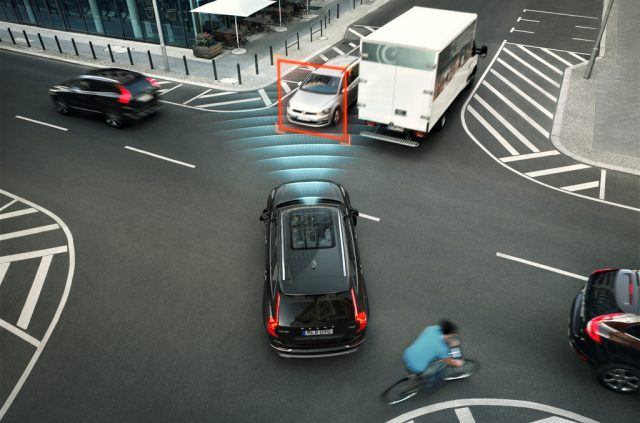
By the year 2022, most of the Indian vehicles will be on par with global standards in safety courtesy of new mandatory technologies
When we all feared for our safety while driving or even walking on the Indian roads Mr. Abhay Damle, Joint Secretary, Ministry of Road Transport and Highways (MoRTH) dropped the good news. He said that the Indian roads will be getting safer for the pedestrians soon because the passenger cars will come loaded with all the advanced Pedestrian safety features from October 2018.
However, the advanced safety features won’t just be limited to the premium cars and believe it or not even the mass-produced passenger cars as well. If everything goes according to plan then India will have more advanced safety norms than the US in the coming years.
Global New Car Assessment Programme (GNCAP), which is a UK based charity organization conducts safety crash tests on cars across the globe, is hosting their first ever ‘Global NCAP World Congress’ in New Delhi, India along with the help of Institute of Road Traffic Education (IRTE).
The organization launched ‘stop the crash’ campaign recently because India is known across the world for its chaotic road conditions and maximum road fatalities. The main purpose of World Congress is to create a high-level global roadmap for vehicle safety.
The ‘Stop The Crash’ initiative was launched at Buddh International Circuit (BIC) in Greater Noida. The campaign held at India’s only F1 track showcased some of the advanced crash avoidance technologies which are capable of detecting and preventing a crash before it happens.
They even also demonstrated how much safer the cars could be with the use of modern safety technologies like Electronic Stability Control (ESC) and Autonomous Emergency Braking (AEB) and Anti Lock Brakes (ABS) for Two Wheelers. The new programme will also encourage the PV makers to adopt Autonomous braking system to reduce the probability of a crash.
Mr. Abhay Damle, who was present at the event, said that India still does not have Bharat New Car Assessment Program (BNCAP) but still they are trying to implement all the safety features in the production vehicles with the support of the existing vehicle manufacturers.
India has already made ABS and Automatic headlights mandatory in all their two-wheelers while they will also be implementing Electronic Stability Control (ESC) and Autonomous Emergency Braking (AEB) in the new vehicles from the year 2022 and 2023 onward. Most of the safety of the Indian vehicle will also be on par with the global safety standard. However, the main concern is to bring all the safety features without increasing the overall cost of the vehicle.
Mr David Ward, Secretary-General, Global NCAP , said “Some of the subjects that will be discussed during the world congress will be Vehicle Safety and the United Nations Sustainable Development Goals, The Role and Development of NCAPs in Emerging Markets, Priorities for Motorcycle Safety, Safer Cars for India, Fleet Safety – A Catalyst for Five Star Safety, A Road Map for Vehicle Safety – Major Trends & Opportunities to 2030”.

